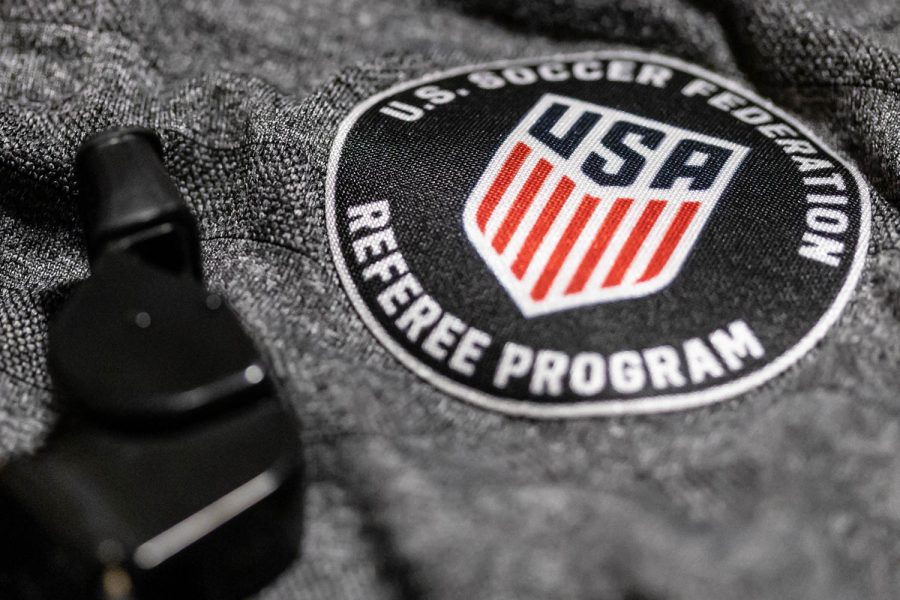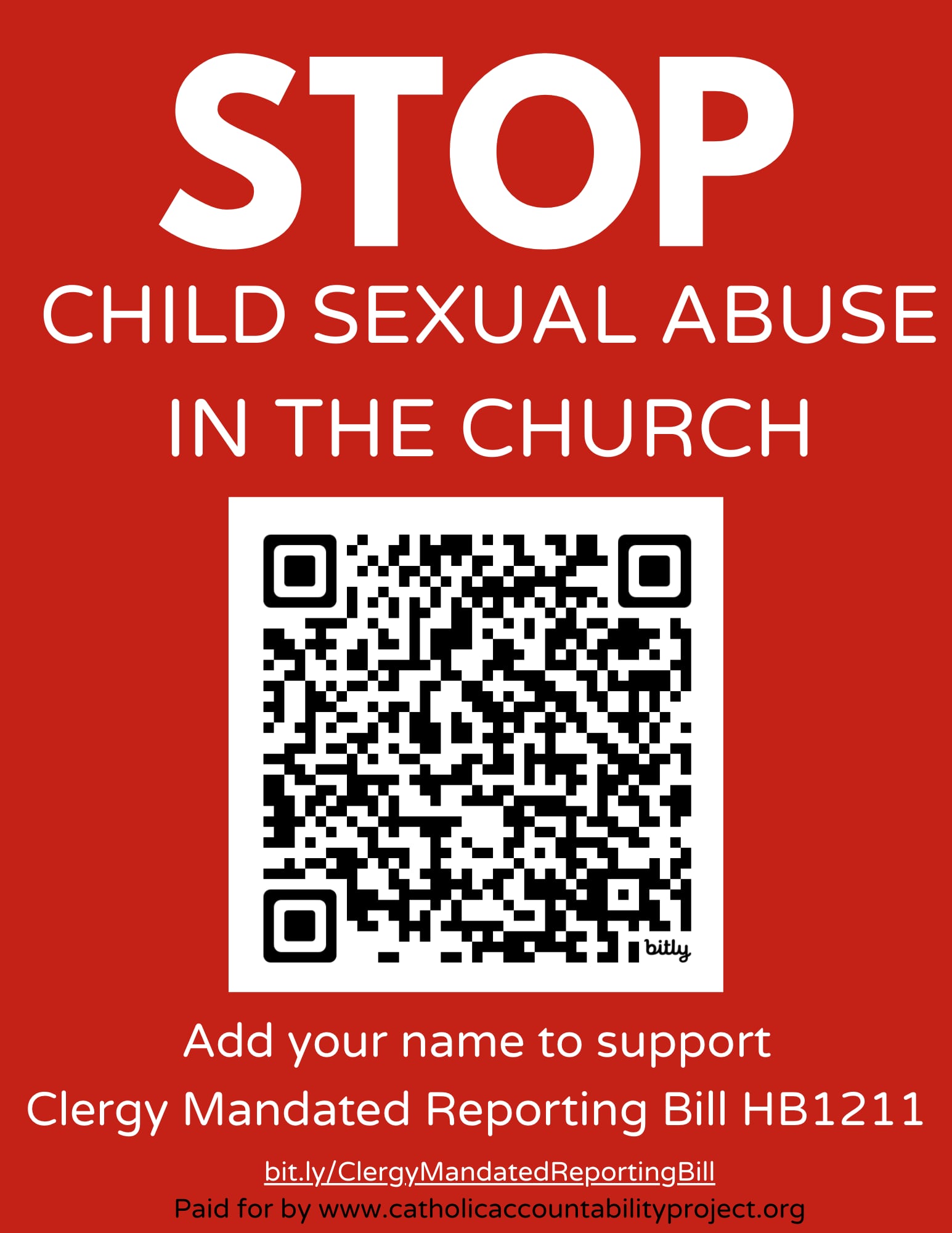Local soccer officials face abuse
Local officials’ experiences reflect nationwide uptick in referee abuse
Soccer official numbers are dwindling due to poor treatment by spectators and coaches.
January 10, 2023
Matthew Suhr, a college-level official and a local mentor on the Palouse, officiated an Idaho State Cup in 2022. Suhr was the assistant referee for the match, responsible for making calls along his sideline. During a corner-kick situation, Suhr said he witnessed the goalkeeper punch an attacker on another team. Suhr was the trailing assistant referee, meaning he was the furthest away from the play. Suhr flagged down the center and explained with absolute confidence that he needed to send the goalkeeper off.
What followed was chaos.
“I stood my ground as six people squared up to fight me,” Suhr said.
Players and coaches from the team swarmed Suhr, subjecting him to a downward spiral of abusive comments and behavior. The altercation almost made him quit officiating.
“We don’t get paid enough for this,” Suhr said.
The Washington State Referee Committee website states that referee abuse is a “verbal statement or physical act not resulting in bodily contact.” Referee abuse includes verbal or nonverbal communication containing foul language and implied threats to officials. The website defines referee assault as an “intentional act of physical violence at or upon a referee.” This includes physical contact between an aggressor and an official.
Abuse and assault toward officials have become so common nationwide that many officials are quitting at a rate never seen before. Nearly 20% of soccer officials say they have been assaulted at least once while officiating and around 73% of soccer officials have had to remove a spectator at least once while officiating, according to the National Association of Sports Officials.
Suhr is blunt when helping certify young officials, construing the guarantee they will face some sort of conflict. Lying about the experience is not right, Suhr said.
“I’ve had young referees call me crying,” Suhr said. “We have to send kids out with tools to de-escalate adults.”
There has been a fair share of local incidents over recent years. Melissa Oatley is a local official on the Palouse who has two sons who officiate too. As a mother, Melissa once officiated as an assistant referee while her son Aaron centered the game. After a physical challenge between two players for the ball, a father lashed out at Aaron, Melissa said.
“One of the dads yelled out ‘that’s my son!’ I yelled back the exact same thing at him,” Melissa said.
Leah Johnson, the referee assignor for club games around the Palouse, suffered abuse as an assistant referee at a tournament game last summer. After a coach argued with Johnson over an offside call, the center came over and ordered the coach to stop his behavior, Johnson said. A coach from a different game, who also happened to be the tournament director, started to argue with the referees as well.
“Coaches and parents set a bad example for kids when they start criticizing refs,” Johnson said. “They’re teaching them how to be mean and bullies. No one yells at your players expecting them to be 100% perfect.”
Tony Richardson, the main high school assignor for the Spokane area, sees fewer officials signing up every year. Before the pandemic, clinics licensed around 50 officials per year. Out of this group, half of the class never stepped foot on the pitch, Richardson said. Half of the remaining class only officiated one to two games before disappearing. Each class of 50 officials only produced five long-term officials.
However, after the pandemic, clinics usually license only 15 officials each session, Richardson said.
“It’s getting harder and harder to get refs,” Richardson said, “they have one bad experience and they don’t want to do it again.”
For the upcoming boy’s high school season, Richardson plans on implementing a zero-tolerance policy for abuse. While not every spectator is abusive, the small minority who do are destroying the atmosphere, he said.
“I don’t want to hear a single negative word,” Richardson said. “If someone says something negative, I will instruct my crew to blow the whistle and end the game.”
To try and curb tension during games, Suhr recommends implementing psychological tricks for an official to present themselves as more human.
“I use tactical empathy,” Suhr said. “If you present yourself as a human, they are less likely to be rude to you.”
Having a friendly conversation with coaches before the game, admitting mistakes and having confidence in yourself are great tools to decrease potentially abusive situations, Suhr said.
While Suhr’s tactics may help calm down certain situations, Richardson believes referee abuse will continue unless something is done.
“We need referees, but the culture around being a spectator needs to change,” Richardson said.











